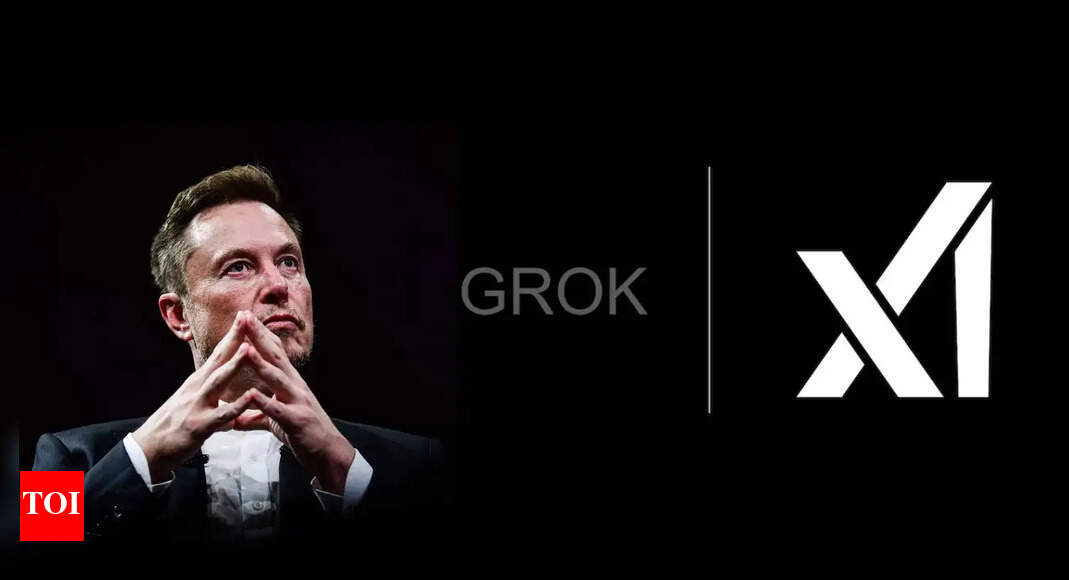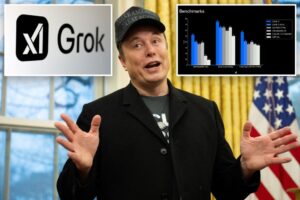Government Engages in Discussions with Grok and X Following Elon Musk’s Lawsuit Against Centre Over IT Act Content Regulation

Government’s Clarification on Content Regulations
The Indian government has confirmed that it has not issued any formal notice to Grok or X (formerly known as Twitter) in relation to recent content regulation issues. The clarification comes after legal actions taken by X against the central government, which alleged that the Information Technology (IT) Act was misused to block content on its platform.
Government’s Dialogue with X and Grok
According to sources in the Ministry of Electronics and Information Technology (MeitY), discussions are ongoing with officials from X and Grok. These conversations aim to assess the nature of any potential violations of Indian law. Government representatives are examining the specific circumstances under which X may have breached legal statutes.
Background of the Legal Action
Elon Musk’s X filed a lawsuit against the Indian government, citing claims of unlawful content regulation and arbitrary censorship. This legal challenge has been brought before the Karnataka High Court, where it questions the government’s interpretation of the IT Act, particularly Section 79(3)(b).
X argues that this interpretation contradicts previous decisions made by the Supreme Court and unduly limits free expression online. The lawsuit claims that the government is using Section 79(3)(b) to develop an alternative system for blocking content, diverging from the established legal process outlined in Section 69A of the IT Act.
Understanding the IT Act Sections
Section 69A
Under Section 69A of the IT Act, the Indian government has the authority to request the removal of online content under specific circumstances, such as threats to national security, public order, or the sovereignty of the nation. This section offers clear legal guidelines for organizations regarding content removal requests.
Section 79(3)(b)
On the other hand, Section 79(3)(b) lacks clarity and places the responsibility on platforms to independently evaluate the legality of content. This ambiguity can result in platforms facing legal risks or public backlash, complicating their role in content moderation.
Implications for Social Media Platforms
The ongoing discussions between the Indian government and digital platforms like X bring to light significant issues regarding online governance and freedom of expression. With the rise of digital communication, regulations governing online content have become increasingly vital to navigate. The concerns raised by X reflect broader issues regarding the balance between national security, user rights, and the responsibilities of digital platforms.
Summary of Key Points
- Confirmation from the Government: The Indian government has not sent any formal notice to Grok or X.
- Legal Actions: X has initiated a lawsuit against the government regarding alleged misuse of the IT Act.
- Ongoing Discussions: MeitY is engaged in discussions with officials from X and Grok to ascertain any legal violations.
- Fundamental Legal Sections:
- Section 69A: Provides the government with authority to request content removal based on specific issues like national security.
- Section 79(3)(b): Lacks clear directives for platforms, causing potential legal vulnerabilities.
These complex legal dynamics underscore the ongoing tension between regulation and free speech in the digital age, raising questions about how to effectively implement content moderation while respecting user rights. The outcomes of these discussions and lawsuits could set important precedents for how content is governed on social media platforms in India and beyond.





